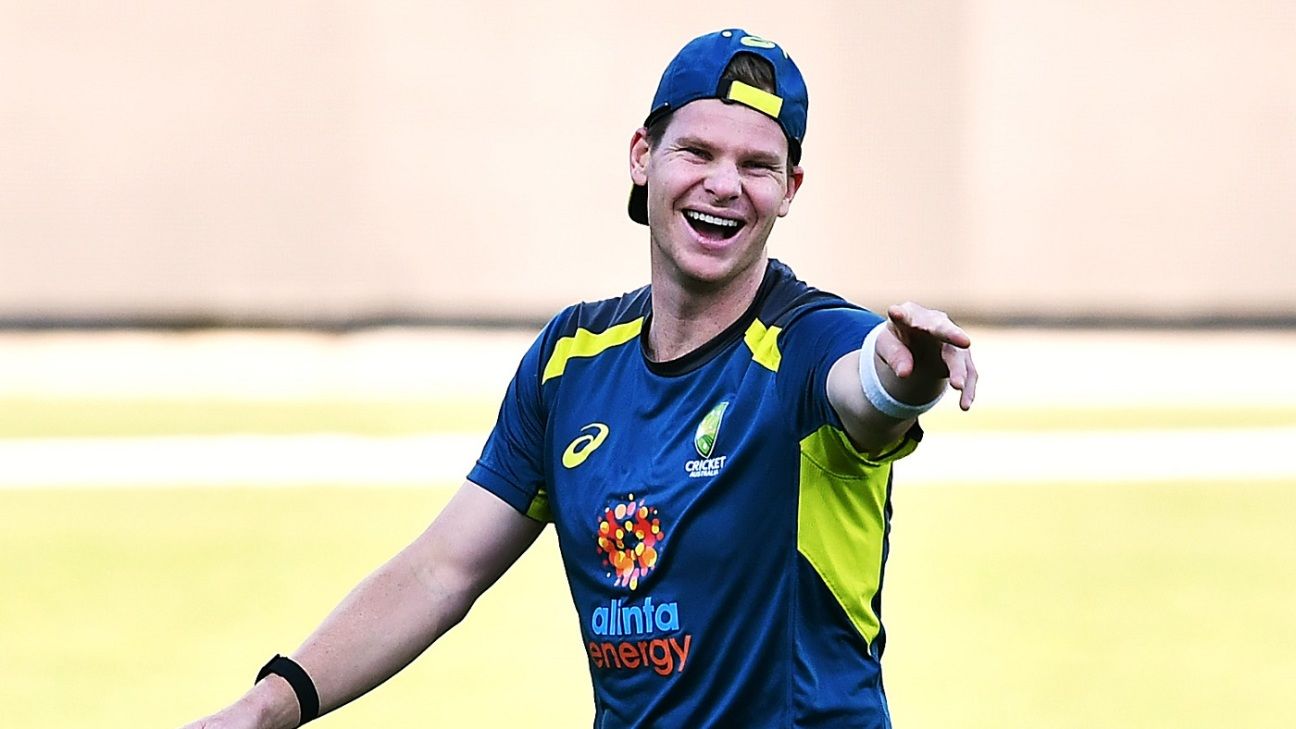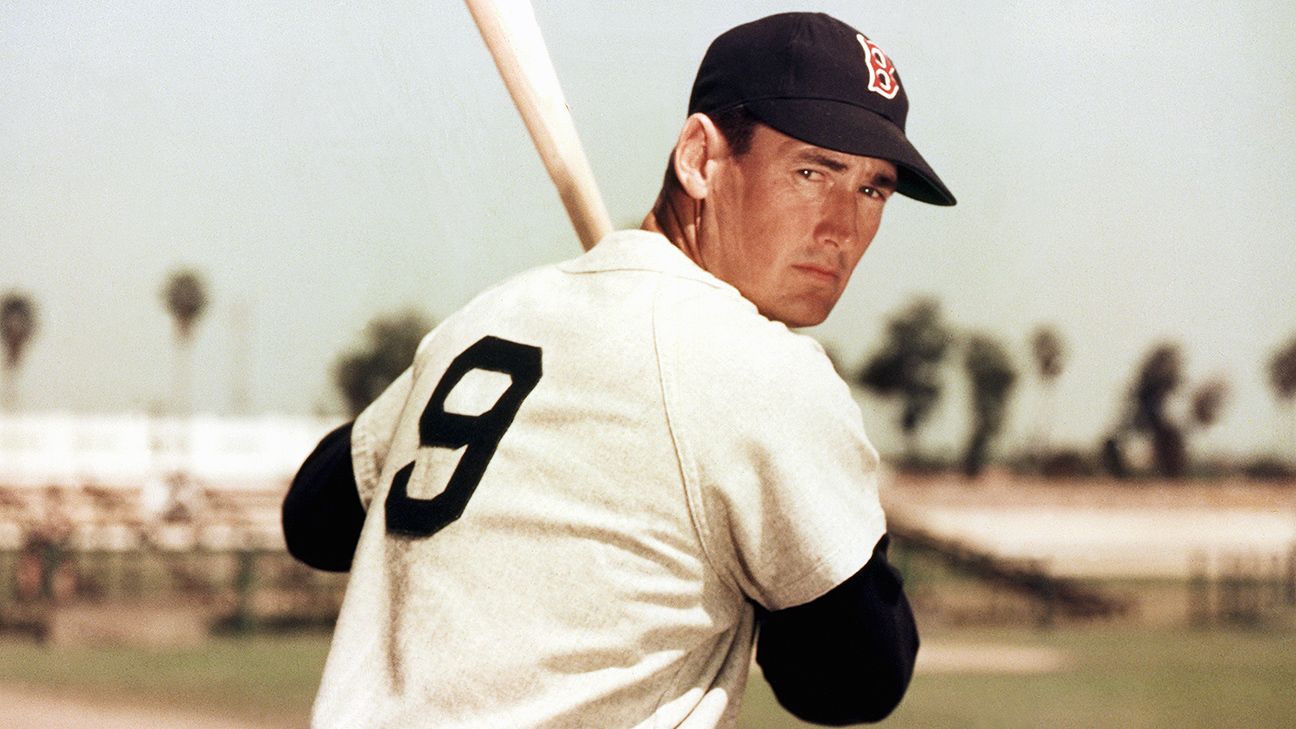
There is barely a major Test ground around the world that Steven Smith does not know intimately. But despite being the fastest in history to score 7000 Test runs, he admits there is a sense of trepidation as he prepares for his first Test at Perth Stadium, one of Australia's newest Test centres.
The venue has only held three first-class fixtures so far, including one Test match between Australia and India last year, which Smith did not play as he was serving a ball-tampering ban. He has only played two matches at the venue, an ODI against England where he made 12 from 23 deliveries, and the T20I against Pakistan this year where he didn't bat.
So the first day-night Test against New Zealand will be an unfamiliar challenge.
"There is a sense of unknown, particularly with the pink ball as well," Smith said. "You just never know. I watched the Test match last year, which seemed to have some good pace and bounce. I guess it's just different with the pink ball, how that responds.
"I think it will be about us just summing it up and seeing how it plays and adapting really quickly to whatever we need to do."
Smith has lost his place as the world's No. 1 Test batsman to Virat Kohli, who was the only man to master the Perth Stadium conditions in last year's Test where ball dominated bat. Kohli made 123 in an India loss when no other player across sides exceeded 72.
Smith was unperturbed at losing the top spot, and he knows runs can be scored on the surface, particularly against the pink ball, as Babar Azam and Asad Shafiq did against Australia A last month.
"Sometimes when the wicket's really hard, it can soften that ball up," Smith said. "It can be 10-15 overs at the start when the ball is new it can be hard work, but then good for batting for 50 or 60 overs. We saw a pink-ball game a couple of weeks ago here between Pakistan and Australia A, and there were some big runs scored in that game from the Pakistan guys."
The weather is also an unknown. Perth is set for scorching temperatures throughout the match with 38 degrees Celsius forecast, which can often produce large cracks in the local pitches at both the WACA and Perth Stadium.
"We've seen here in the past, games at the WACA for instance, the cracks come into play late in the game," Smith said. "And if it's as hot as it says it's going to be, they could potentially come into play, which I think is good. When the cracks come into play, it's something that plays on your mind. You look down and you see these things. Generally, the balls that get you out don't touch the cracks, they're just sort of playing in your mind.
"A lot of the guys have played when the wickets have been cracked and been able to play reasonably well. If it does happen, hopefully, we can adjust to it."
Smith should be fresh and primed after a series against Pakistan where he spent more time watching than batting, something he is not accustomed to.
"It wasn't easy actually," Smith said. "It's been a while since I was sitting there and just watching the boys do their thing. It was great to see some guys score some big runs and me just sit back and watch and chill out or try to chill out. It's actually hard waiting to bat and you're really focused on what's going on out in the middle and thinking about getting ready.
"That was difficult from that point of view. New Zealand are a good side and I've had a bit of success against them in the past in Test cricket, so I'm looking forward to this series and hopefully the boys up top can keep scoring big runs, and if not, hopefully I'll be able to get some."















 Phone: (800) 737. 6040
Phone: (800) 737. 6040 Fax: (800) 825 5558
Fax: (800) 825 5558 Website:
Website:  Email:
Email: 






